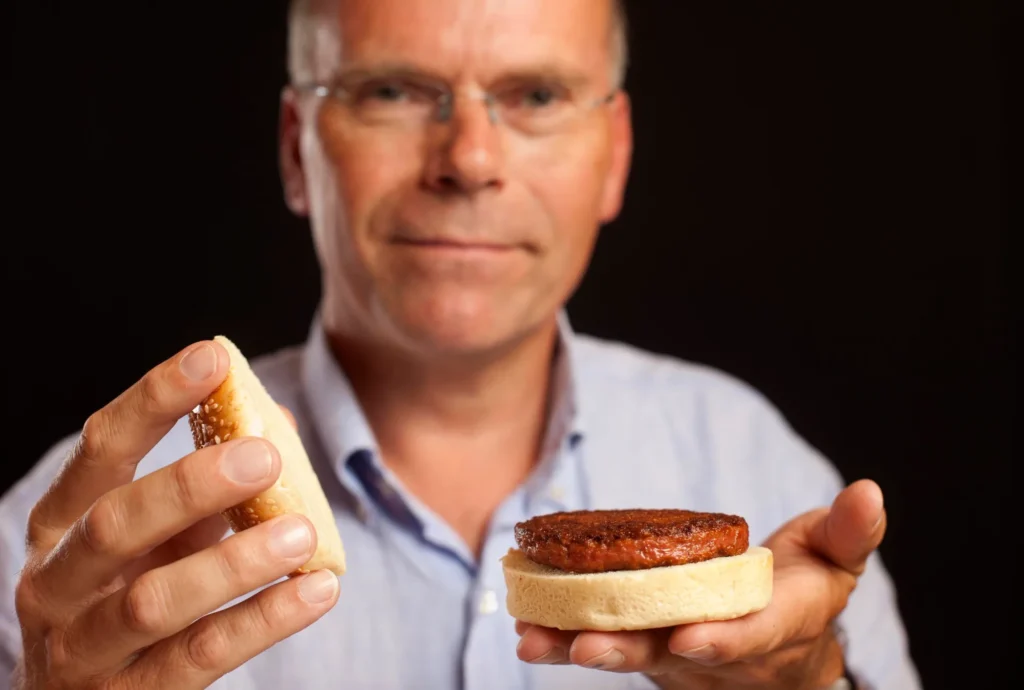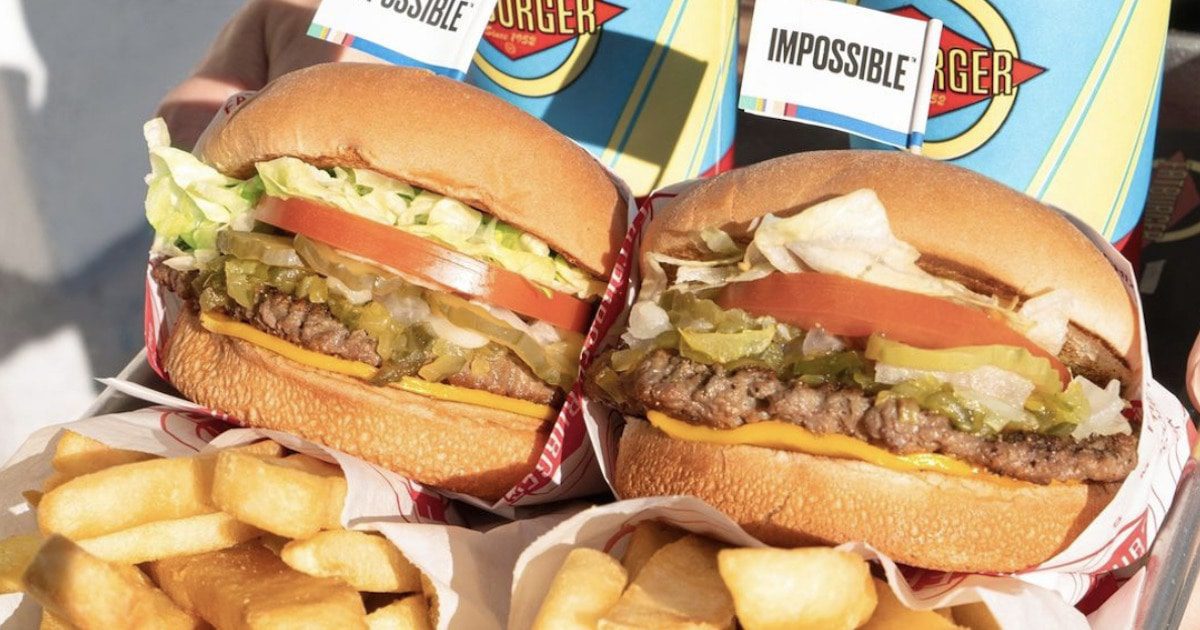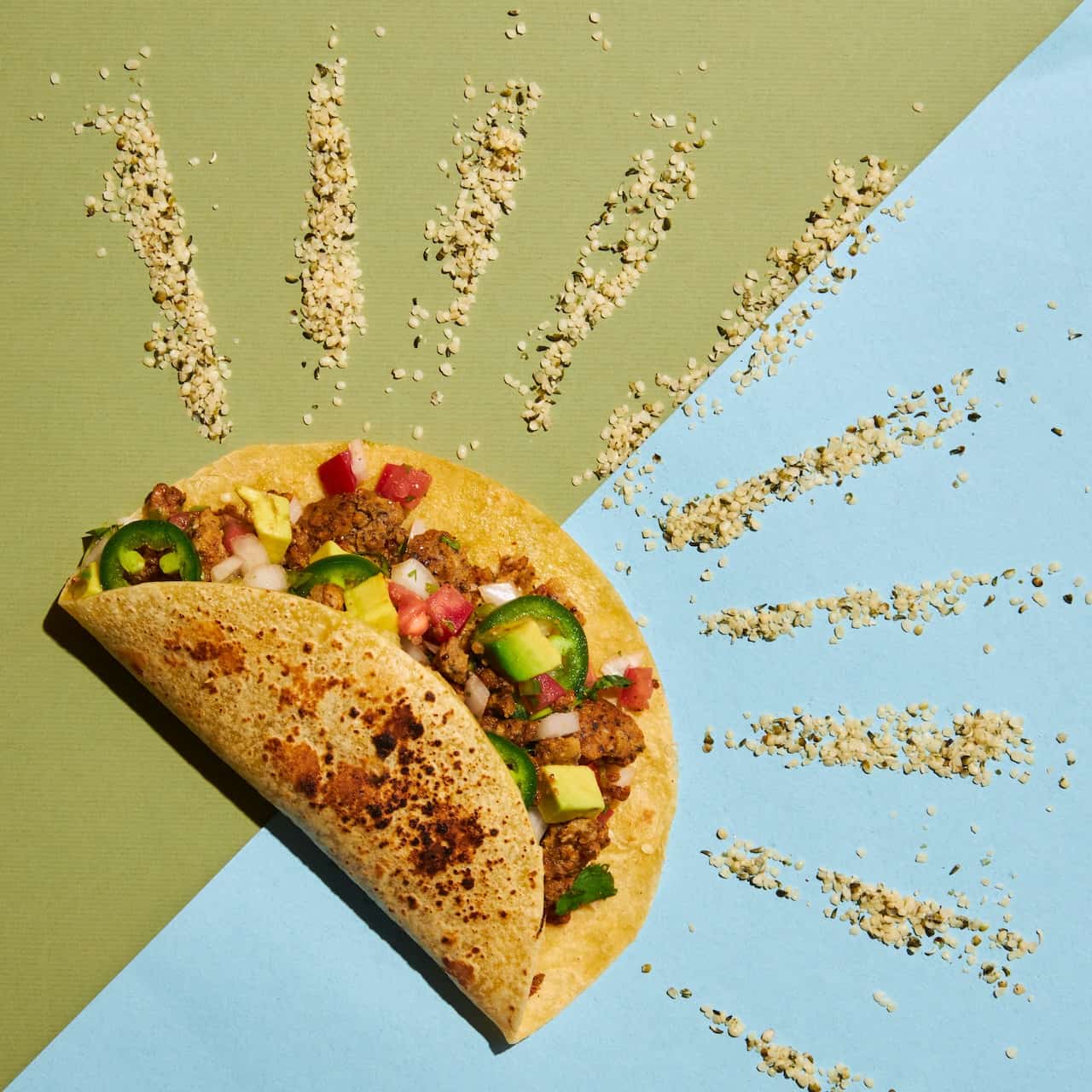Cell-Cultured Meat
This week, the Netherlands’ House of Representatives passed a motion to make the sampling of cell-cultured meat legal. The passing of the motion, proposed by the D66 and VVD parties, is being hailed by Dutch cell-cultured meat companies as an important step towards legalizing the sale of cell-cultured meat at retail.
Maastricht, Netherlands-based Mosa Meat is famously co-founded by Mark Post, who kickstarted the lab-grown meat industry when he created the world’s first cell-cultured hamburger back in 2013. The company applauded the move by its home country’s government as a first step towards legalizing the consumption of the product.

The move “speaks volumes about the momentum that is building for innovation in sustainable meat production,” the company told Dutch TV organization RTL.
Dutch politicians are understandably proud that their country is seen as the birthplace for cell-cultured meat innovation and see this move as one that will help them continue to stay relevant as startups around the world race to bring their products to market.
“This is a wonderful Dutch invention that can become an important source of food for humans,” said VVD MP Peter Valstar. “But, as with many innovations, we see that European regulations delay development earlier, while the rest of the world is now overtaking us with our own invention.”
Mosa Meat’s Head of Public Affairs, Robert Jones, echoed the sentiment.
“Cellular agriculture is a Dutch invention and we do not want to lose our edge over competitors,” said Jones. “Companies abroad, including Germany, France, and Belgium, are already able to introduce their products to the general public as a way to gain support and acceptance from consumers, which is extremely important.”
The move by the Netherlands is another sign governments around the world recognize the need to pass legal frameworks to legalize the consumption of cell-cultured meat. In the US, the USDA just wrapped up a public comment period that garnered 1,700 comments from industry and private individuals. In many ways, the tone struck by many of the public comments was similar to sentiments expressed by Dutch politicians about the need to create a modern legal framework around lab-grown meat to ensure that their country remains competitive in this fast-changing market.
“Regulatory frameworks need to be redesigned to keep pace with innovation and technology and future-proof our food system,” wrote cellular agriculture research organization New Harvest. “We cannot expect this technology to positively impact our food system when it is built on an outdated regulatory foundation and minimum public scientific data.”









